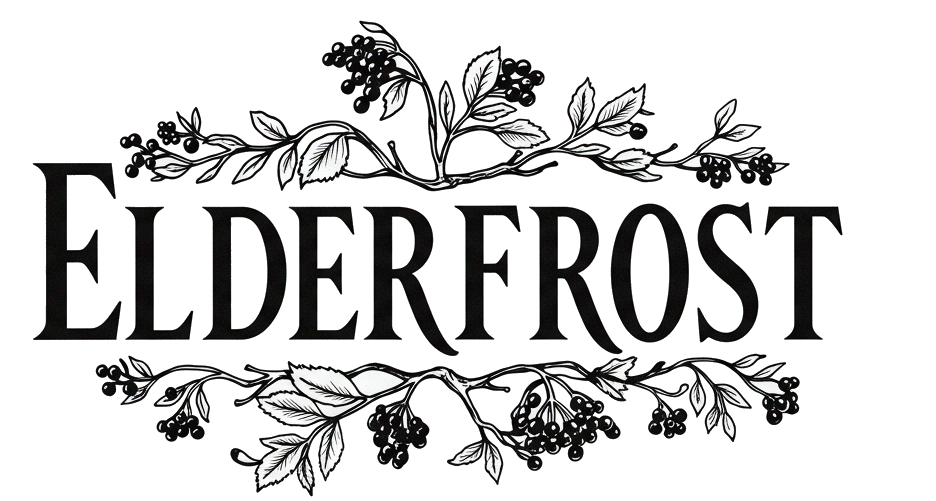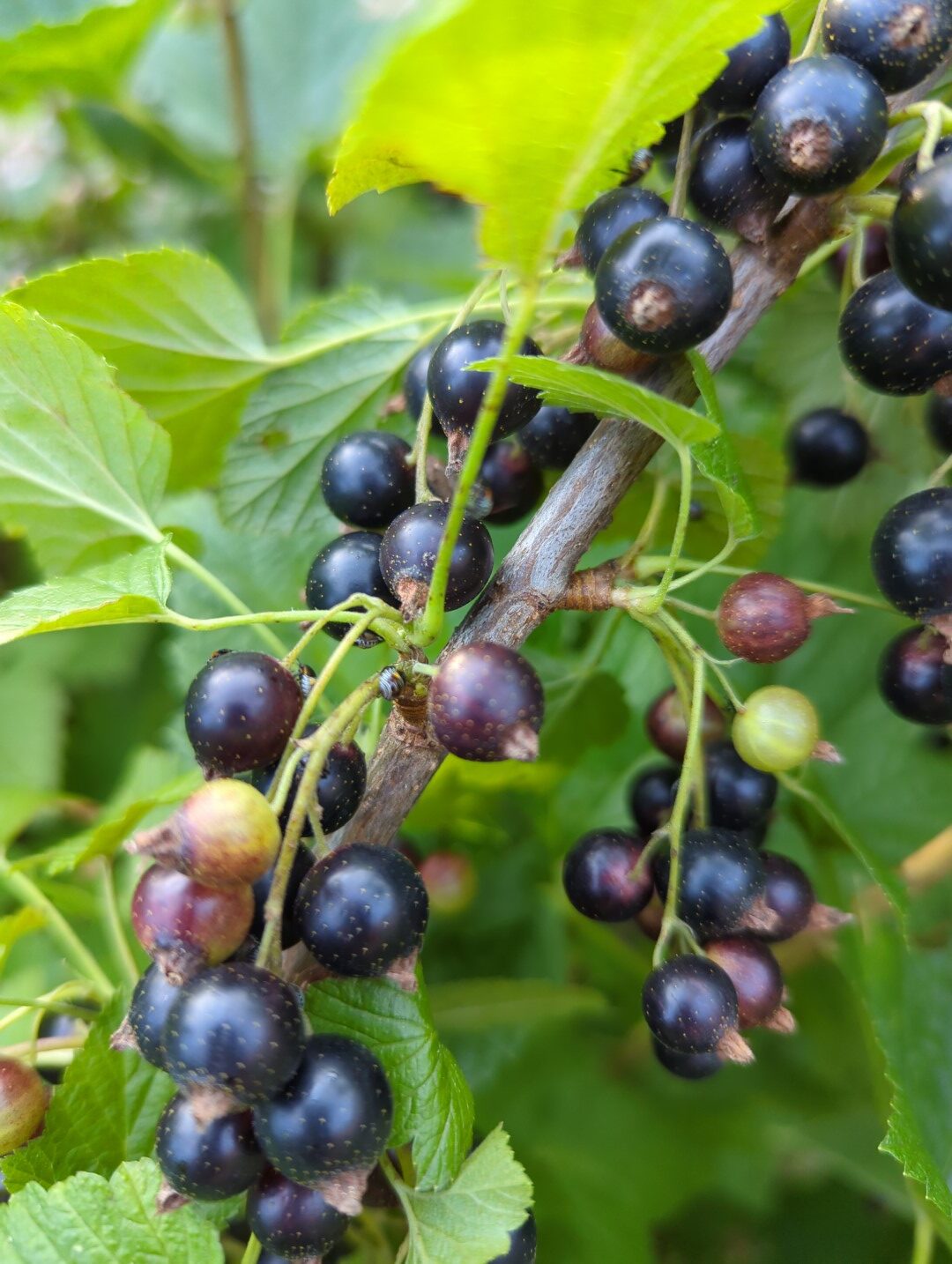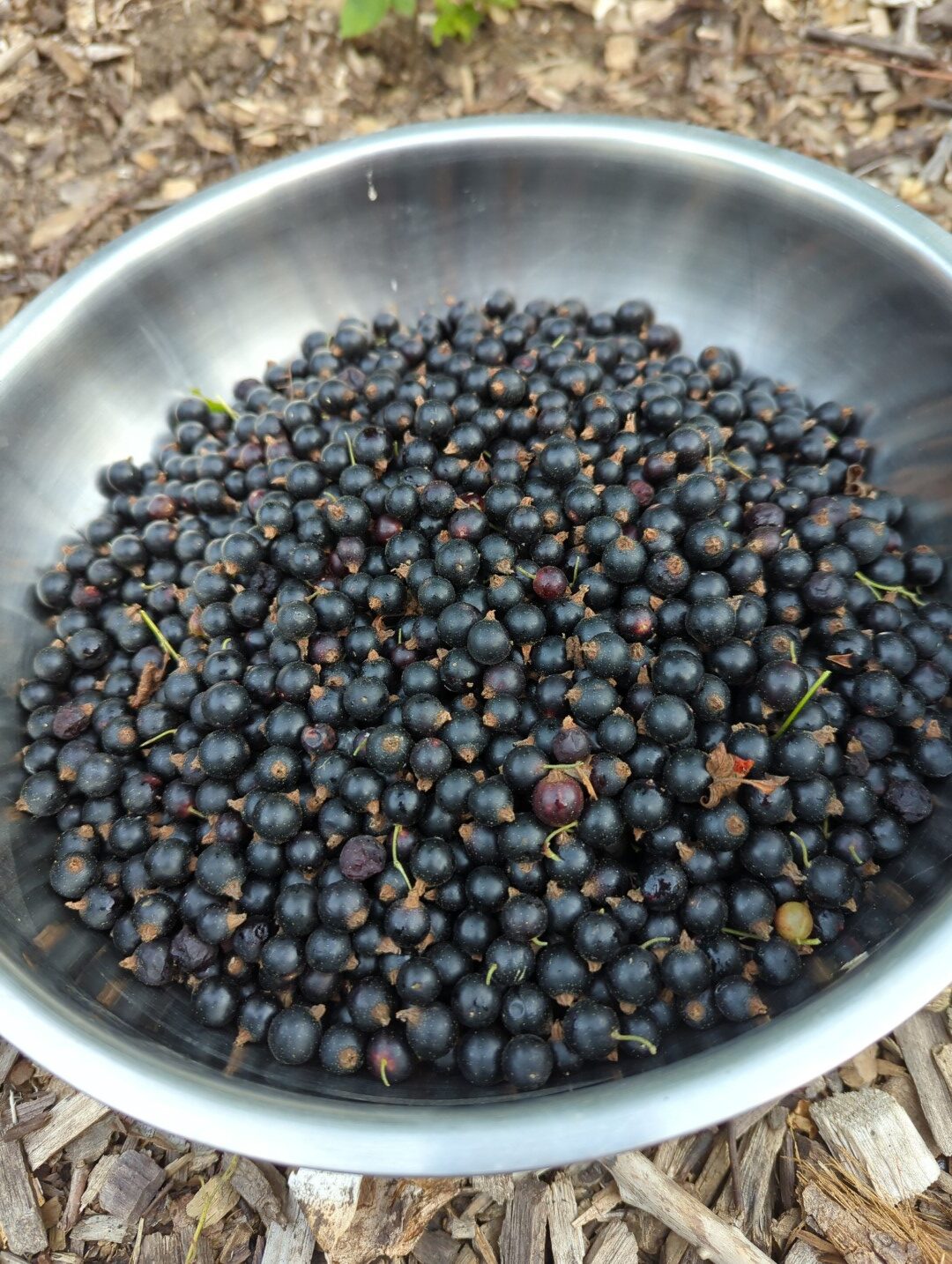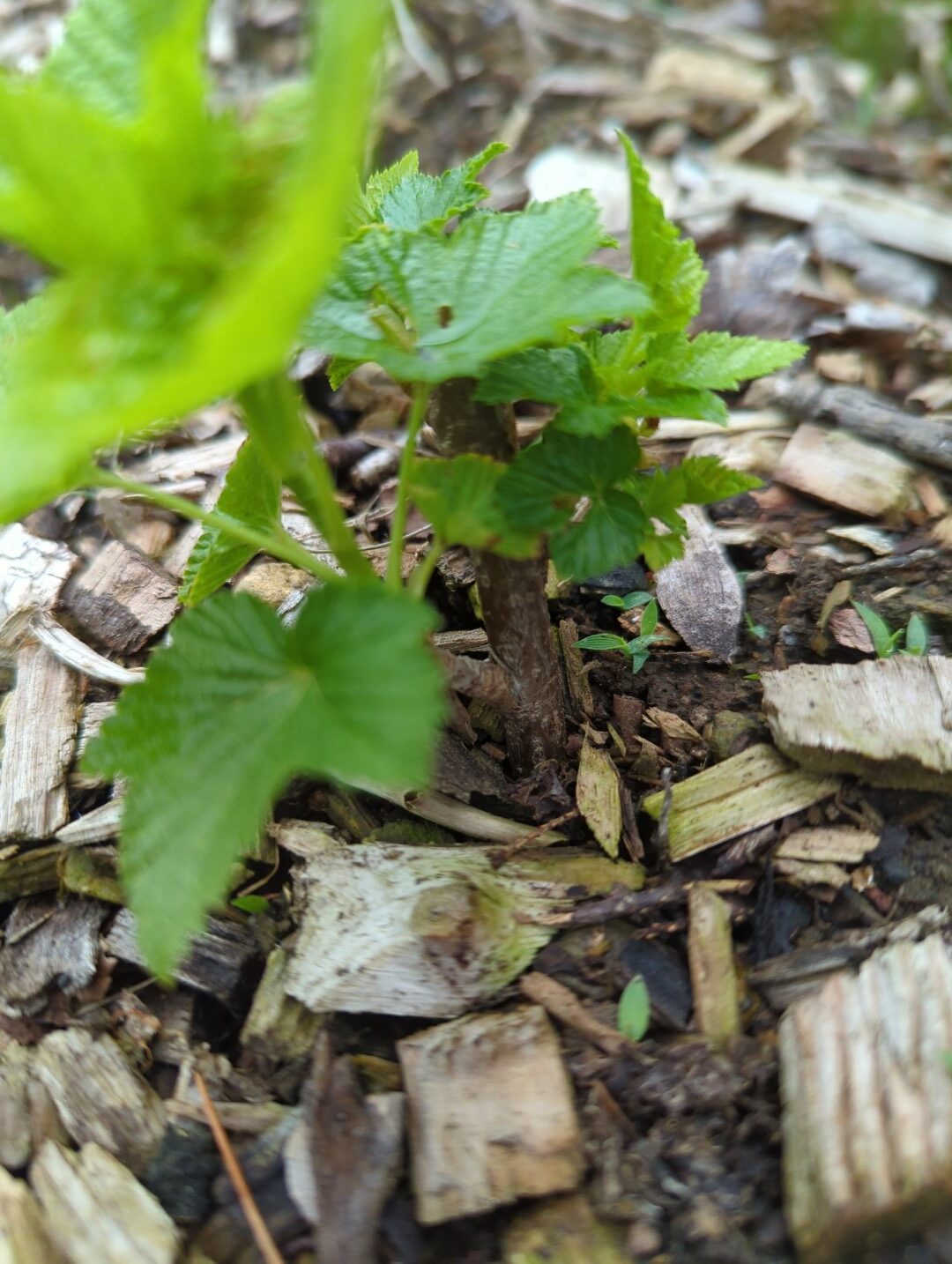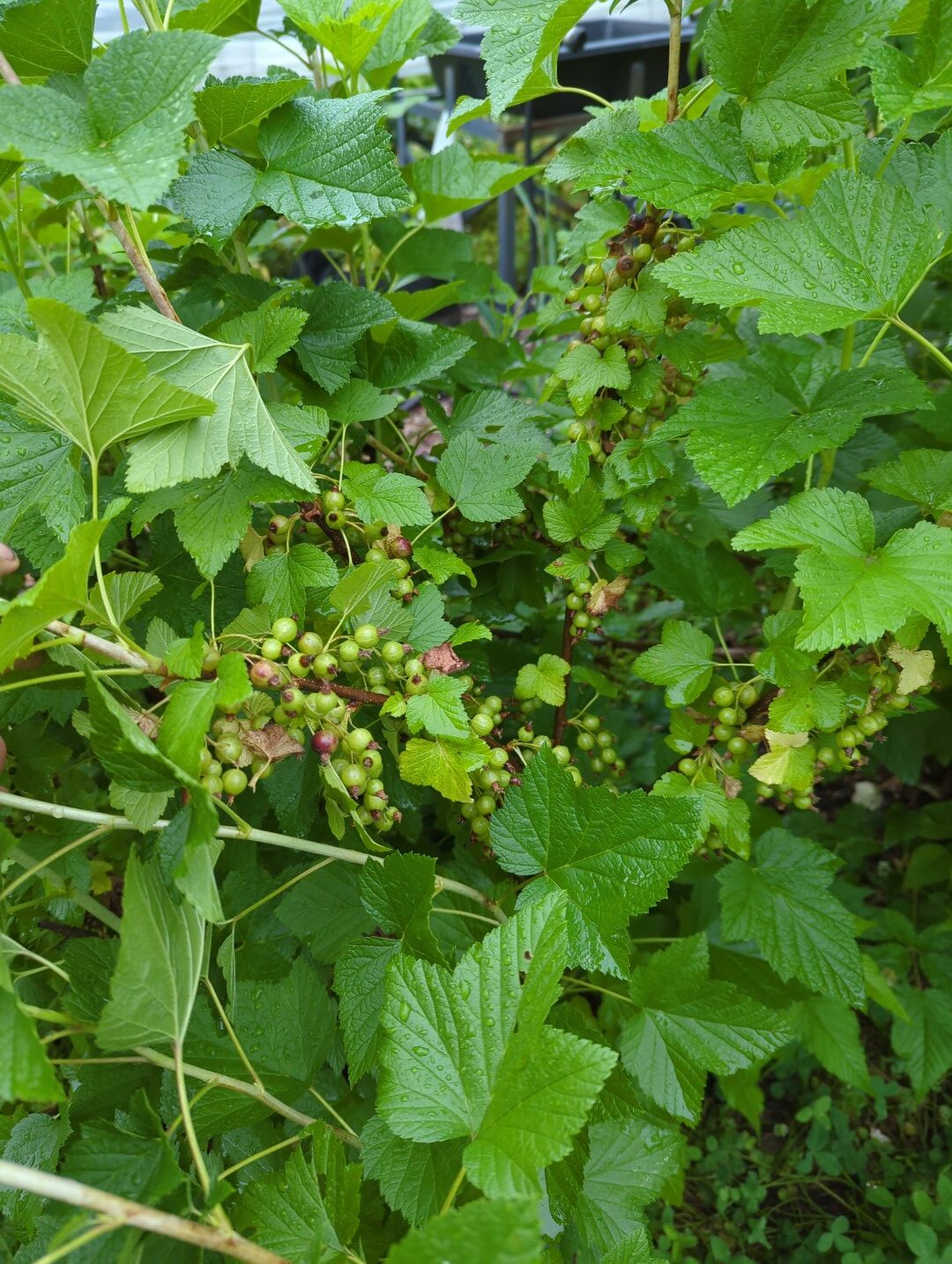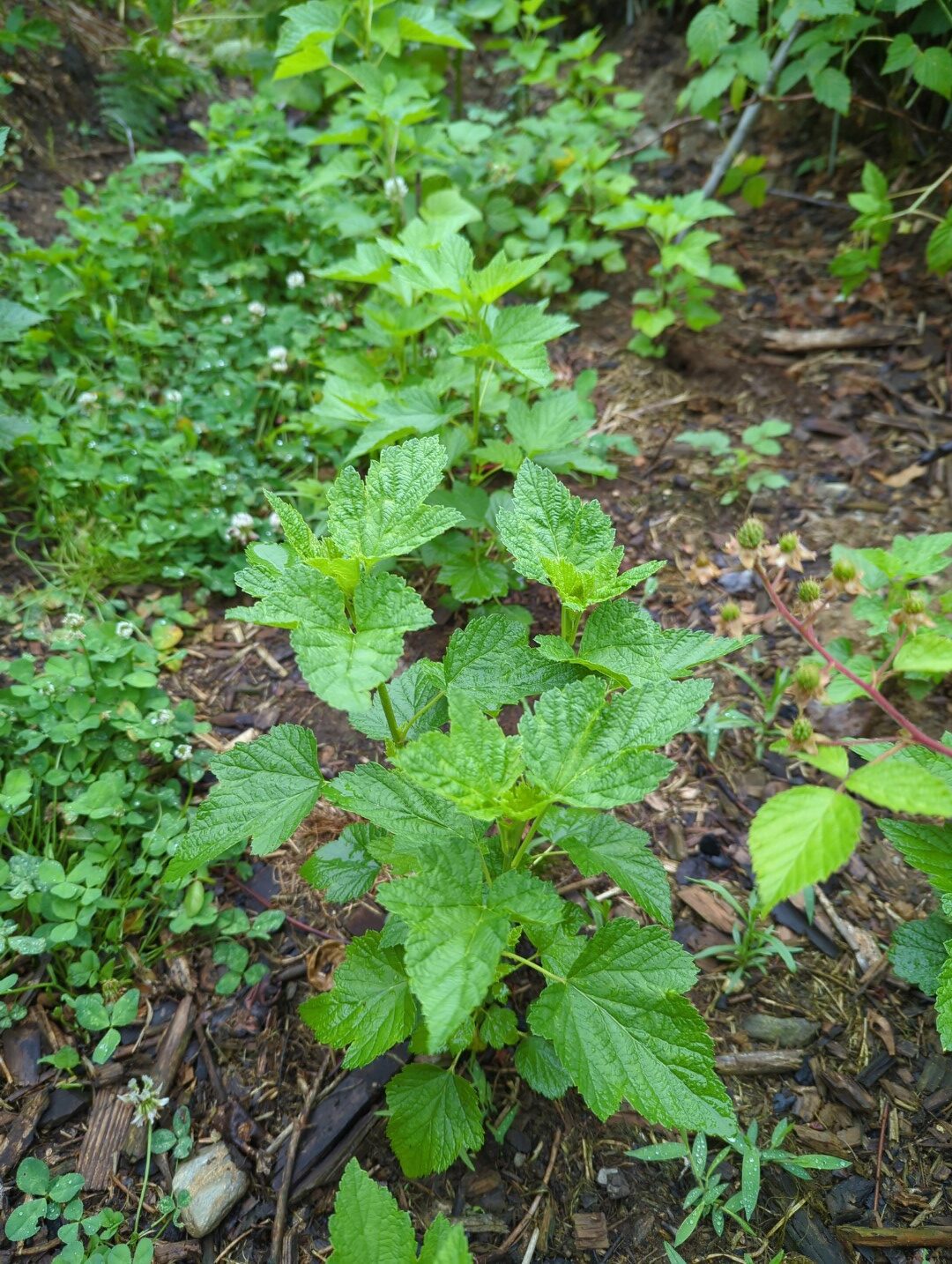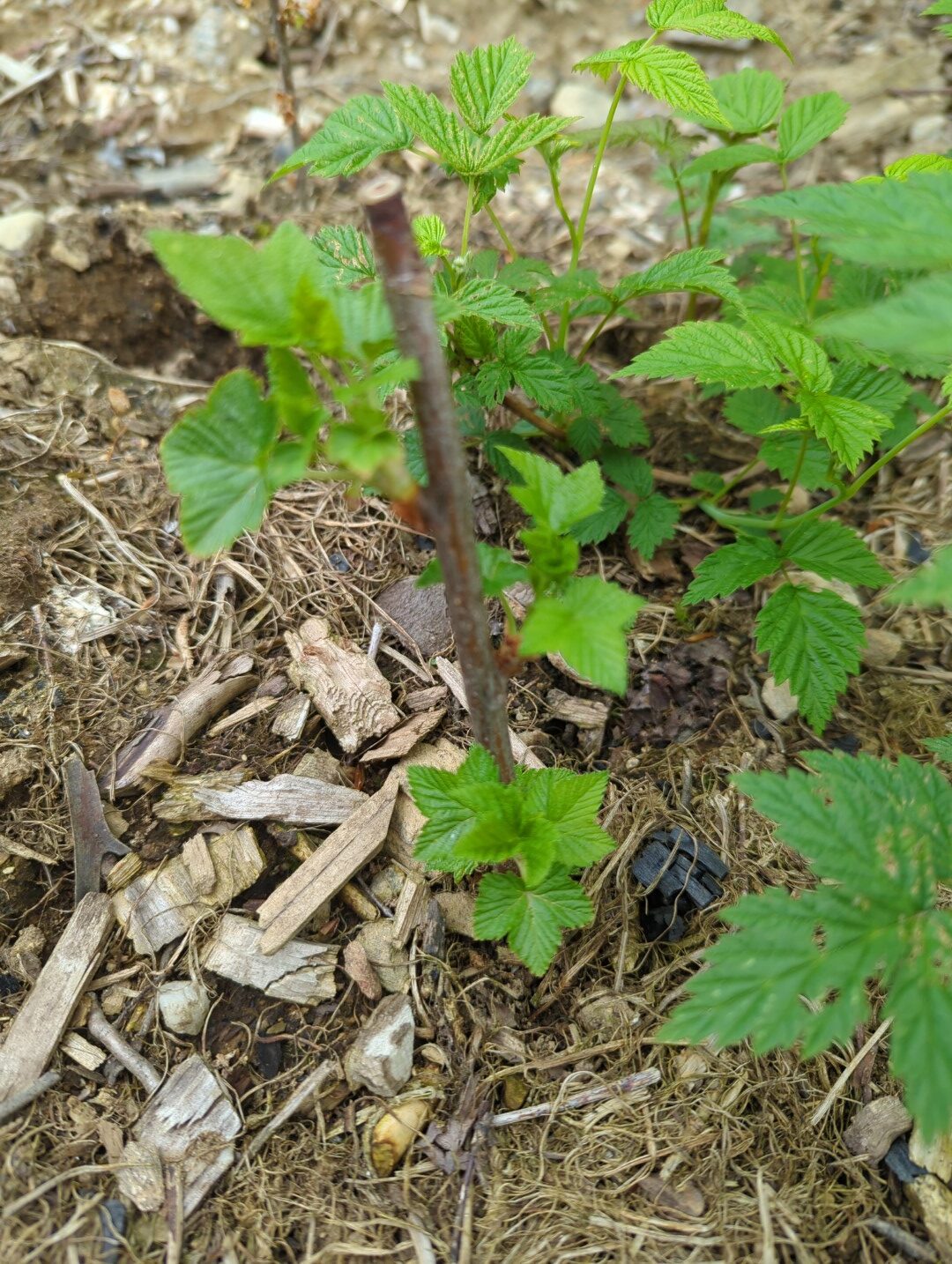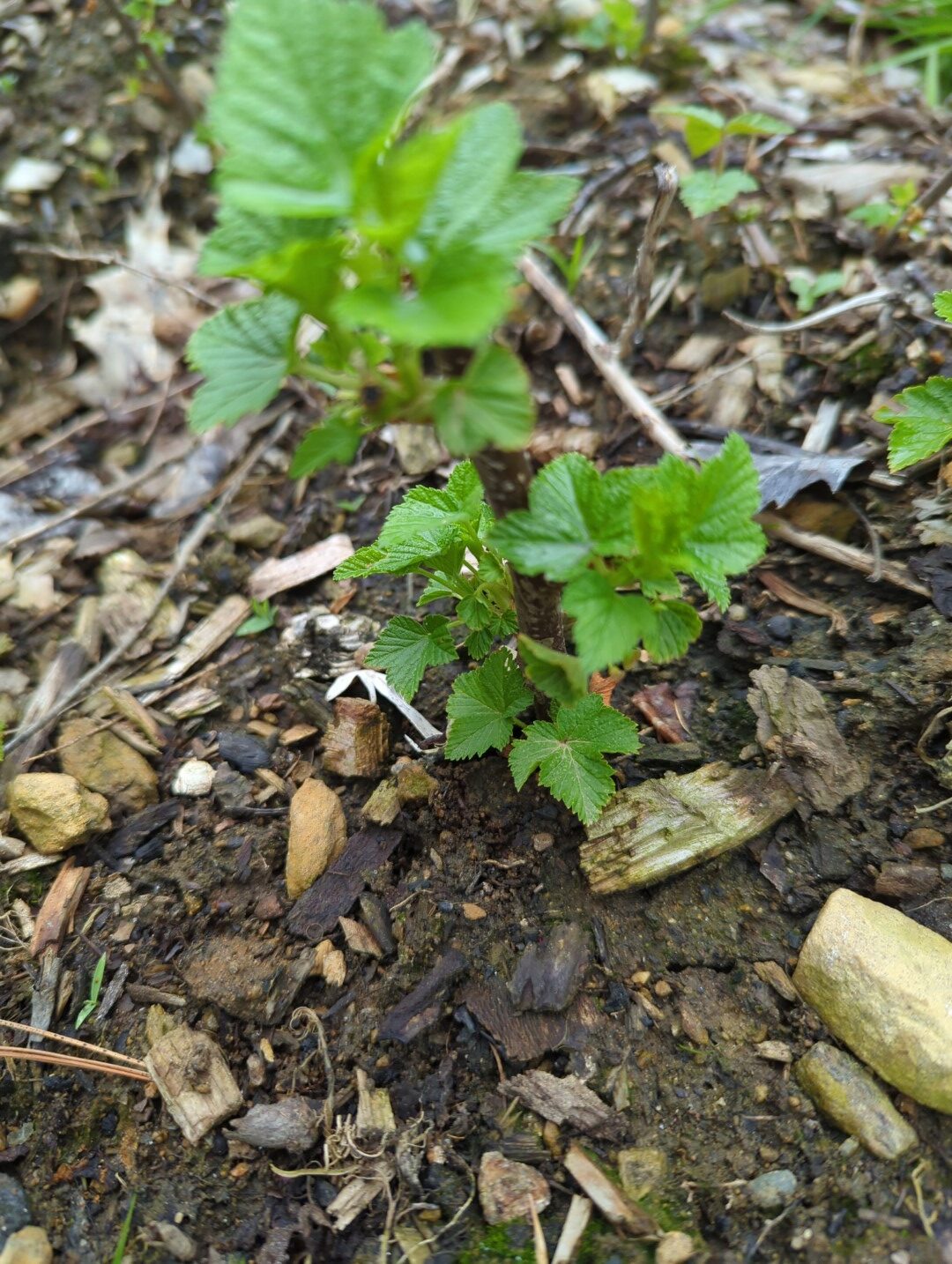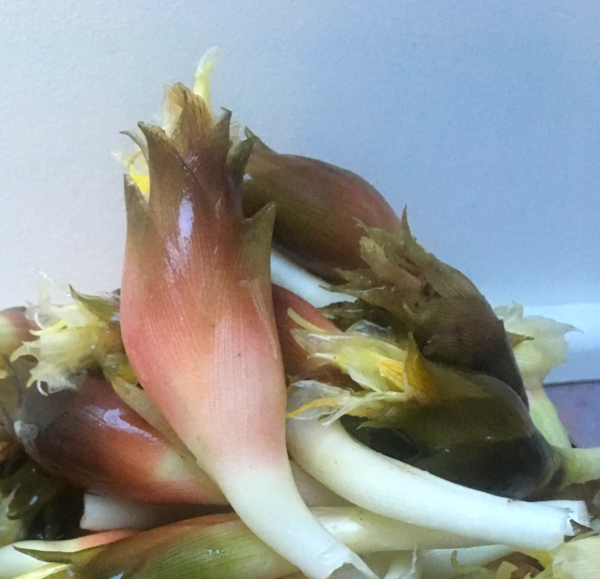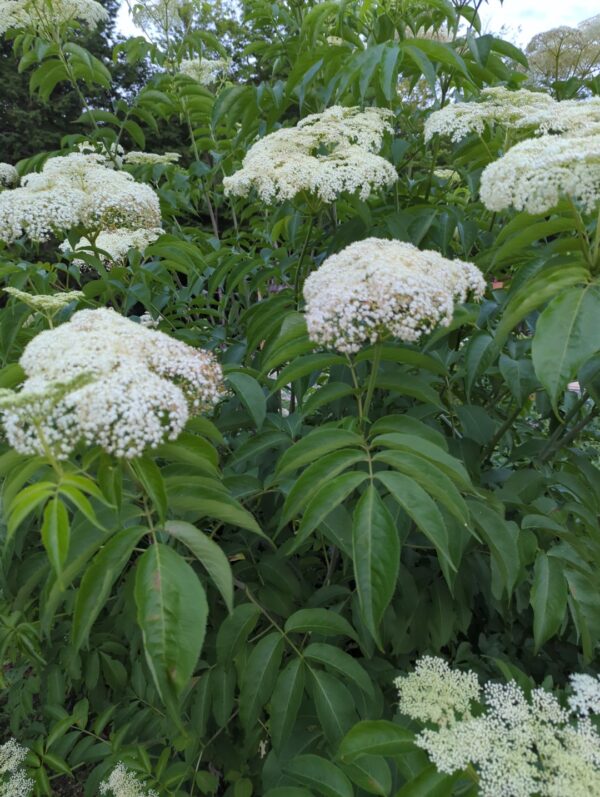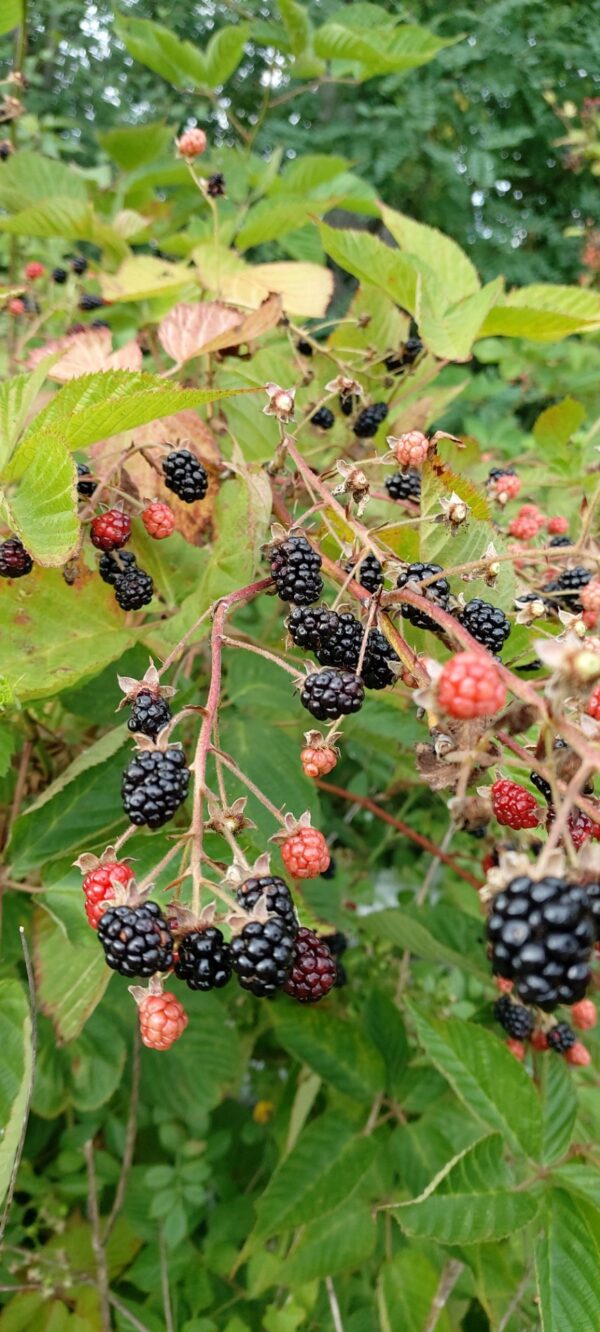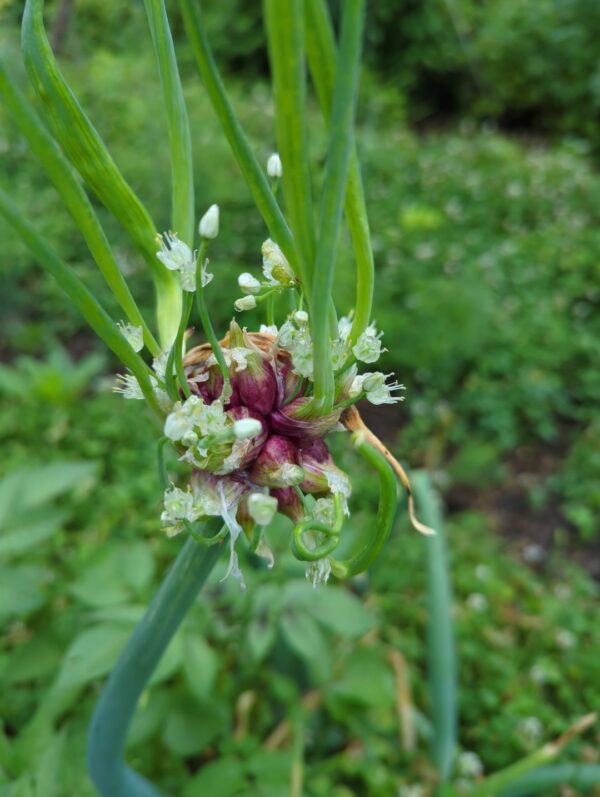Your cart is currently empty!
Consort Black Currants
Consort is a older variety dating back to the 1952 in Ottawa. It was created to specifically confer resistances to blister rust to protect pine forests. It is a incredibly hardy and durable plant that self pollinates. While other varieties may offer better fresh eating taste, Consort is vigorous and reliable making it my first…
Description
Consort is a older variety dating back to the 1952 in Ottawa. It was created to specifically confer resistances to blister rust to protect pine forests. It is a incredibly hardy and durable plant that self pollinates. While other varieties may offer better fresh eating taste, Consort is vigorous and reliable making it my first recommendation to get currants established in your landscape. It has a incredible strong-tart and astringent flavor. My favorite use is to add Consort black currants into foods with other typically sweeter berries such as blueberries, strawberries and raspberries. While not a typically mentioned aspect of Consort I find that it holds onto the berries longer then other varieties. As a homesteader this harvest flexibility is well appreciated. It seems consort will hang onto near to fully ripe berries for 7-14 days before dropping. With my red currant varieties the fruit typically drops with in 2-3 days.
I find that Consort responds very well to strong pruning. It fruits on second year growth. In year one you will get long whips, up to 48″ long. Typically lighter in color then the second year wood. In the second year those whips will send out new branches and continue growing but will also produce the berry clusters. Regular annual pruning to encourage as much growth of first and second year stems, while removing the third year stems will help you stay in full productivity.
Black currant (Ribes nigrum) is a deciduous shrub belonging to the Grossulariaceae family, known for its small, glossy, dark purple to black berries. These berries grow in clusters and are rich in vitamin C, anthocyanins, and other antioxidants. The plant thrives in temperate climates, requiring well-drained, fertile soils and full sunlight to partial shade. Black currants are notable for their high concentrations of polyphenolic compounds, which contribute to their distinctive tart flavor and potential health benefits, including anti-inflammatory and antimicrobial properties.
Additional information
| Cuttings | 2 cuttings, 5 cuttings, 10 cuttings |
|---|
